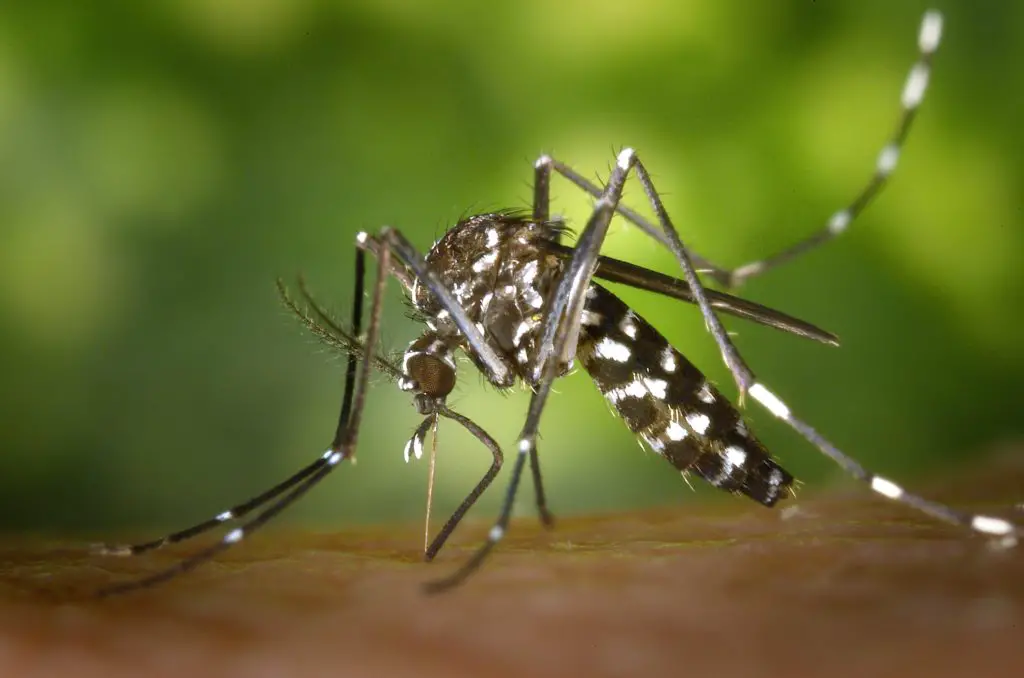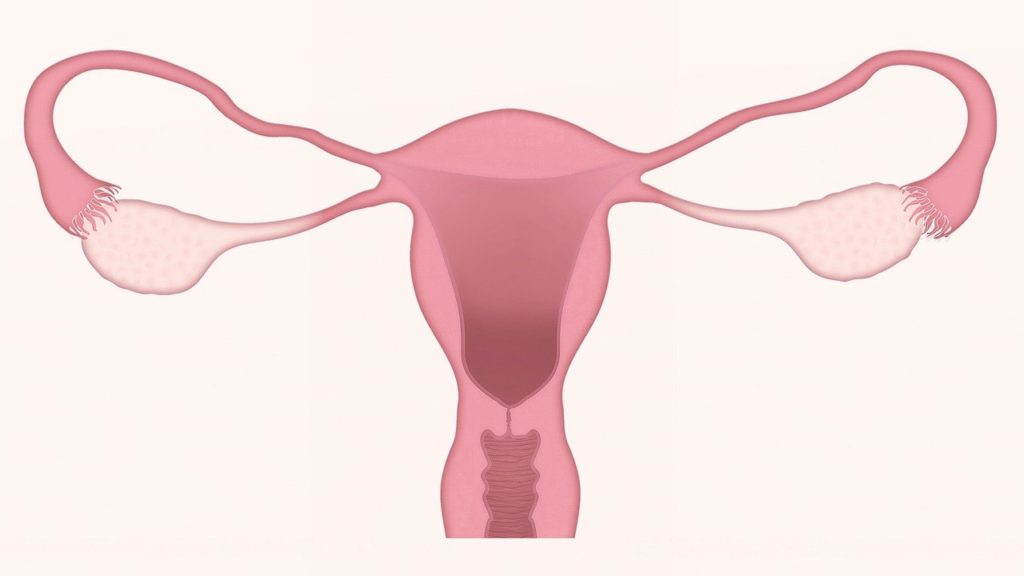High blood cholesterol level OR Hyperlipidemia OR Hypercholesterolemia
What is Cholesterol?
Cholesterol is a fat that your body needs to perform many functions.
What is Hyperlipidemia or Hypercholesterolemia?
It is the medical term for high blood cholesterol levels. Your body needs cholesterol for various functions. The problem arises when the blood level of cholesterol increases too much and put you at risk of getting heart disease, stroke or other serious medical conditions.
What are the different types of cholesterol?
Common types of cholesterol are as:
- Total cholesterol – all the cholesterols combined
- HDL cholesterol (High-density lipoprotein) – also known as “good” cholesterol
- LDL cholesterol (Low-density lipoprotein) – also known as “bad” cholesterol
What is Normal Lipid Profile?
| Total cholesterol should be less 200 mg/dl. |
| LDL Cholesterol should be less than 100 mg/dl. |
| HDL cholesterol should be 60 mg/dl. |
| Normal triglyceride levels should be less than 150mg/dl. |
What are the causes of high blood cholesterol level?
High blood cholesterol level is mainly due to unhealthy lifestyle which includes eating foods that are high in fat. Other lifestyle factors are:
- Being overweight or obese
- decrease in physical activity
- Smoking (reduces HDL aka good cholesterol levels)
Medical conditions that can lead to abnormal cholesterol levels are:
- Diabetes
- Kidney disease
- Polycystic ovarian disease or syndrome
- Pregnancy
- Conditions that increase levels of female hormones (Estrogen or Progesterone)
- Hypothyroidism
Certain medicines can also raise blood cholesterol levels. Some of them are:
- birth control pills,
- diuretics,
- beta-blockers, and
- some anti-depressants.
There are many genetic disorders that can lead to abnormal cholesterol and triglyceride levels. These include Familial combined hyperlipidemia, Familial dysbetalipoproteinemia, Familial hypercholesterolemia, Familial hypertriglyceridemia
Which tests are done to diagnose lipid disorders?
Blood cholesterol levels are done to diagnose a lipid disorder. If your blood cholesterol levels are abnormal, then your doctor may ask you to get some tests done to rule out other medical conditions. These tests are:
- Blood glucose test (for diabetes)
- Kidney function tests (KFT’s)
- Thyroid function tests (for hypothyroidism)
When to get your blood cholesterol level checked?
Different starting ages to get blood cholesterol level checked are as:
- Recommended starting ages are between 20-35 years for men and 20-45 years for women.
- Adults with normal cholesterol levels do not need to have the test repeated for 5 years.
- Repeat testing sooner if changes occur in lifestyle (including weight gain and diet).
- People with a history of elevated cholesterol, diabetes, kidney problems, heart disease need more frequent testing.
What treatment options are available to control high blood cholesterol levels?
There are many lifestyle changes you can do to prevent and manage high blood cholesterol level. These changes will help to prevent many serious medical conditions.
- Decrease dietary intake of fats and avoid foods that are high in saturated fat. Include whole grains, fruits, and vegetables in your diet.
- Quit smoking.
- Exercise regularly.
- Lose weight
You may need medicines to control your cholesterol if lifestyle changes do not work. These include statins, PCSK9 inhibitors etc.
What will happen if you don’t get treatment for high blood cholesterol levels?
High blood cholesterol levels can lead to hardening of the arteries known as atherosclerosis.
Atherosclerosis occurs when fat, cholesterol and other substances build up in the walls of arteries and form plaques. These plaques can block the arteries and cause heart disease, stroke, etc.









